My brother, the King
Award-winning Winnipeg-born-and-raised playwright, screenwriter and songwriter knew everyone had a story and he was skilled at telling them
Advertisement
Read this article for free:
or
Already have an account? Log in here »
To continue reading, please subscribe:
Monthly Digital Subscription
$0 for the first 4 weeks*
- Enjoy unlimited reading on winnipegfreepress.com
- Read the E-Edition, our digital replica newspaper
- Access News Break, our award-winning app
- Play interactive puzzles
*No charge for 4 weeks then price increases to the regular rate of $19.00 plus GST every four weeks. Offer available to new and qualified returning subscribers only. Cancel any time.
Monthly Digital Subscription
$4.75/week*
- Enjoy unlimited reading on winnipegfreepress.com
- Read the E-Edition, our digital replica newspaper
- Access News Break, our award-winning app
- Play interactive puzzles
*Billed as $19 plus GST every four weeks. Cancel any time.
To continue reading, please subscribe:
Add Free Press access to your Brandon Sun subscription for only an additional
$1 for the first 4 weeks*
*Your next subscription payment will increase by $1.00 and you will be charged $16.99 plus GST for four weeks. After four weeks, your payment will increase to $23.99 plus GST every four weeks.
Read unlimited articles for free today:
or
Already have an account? Log in here »
Hey there, time traveller!
This article was published 19/06/2021 (1634 days ago), so information in it may no longer be current.
He was kind of a big deal.
David King was an actor, playwright, screenwriter and songwriter. He was born in Winnipeg, and began his journey here as an artist before spending most of his life on the West Coast.
In the interest of full disclosure, he was also my older brother. He died Jan. 22 at the age of 71. Cancer.
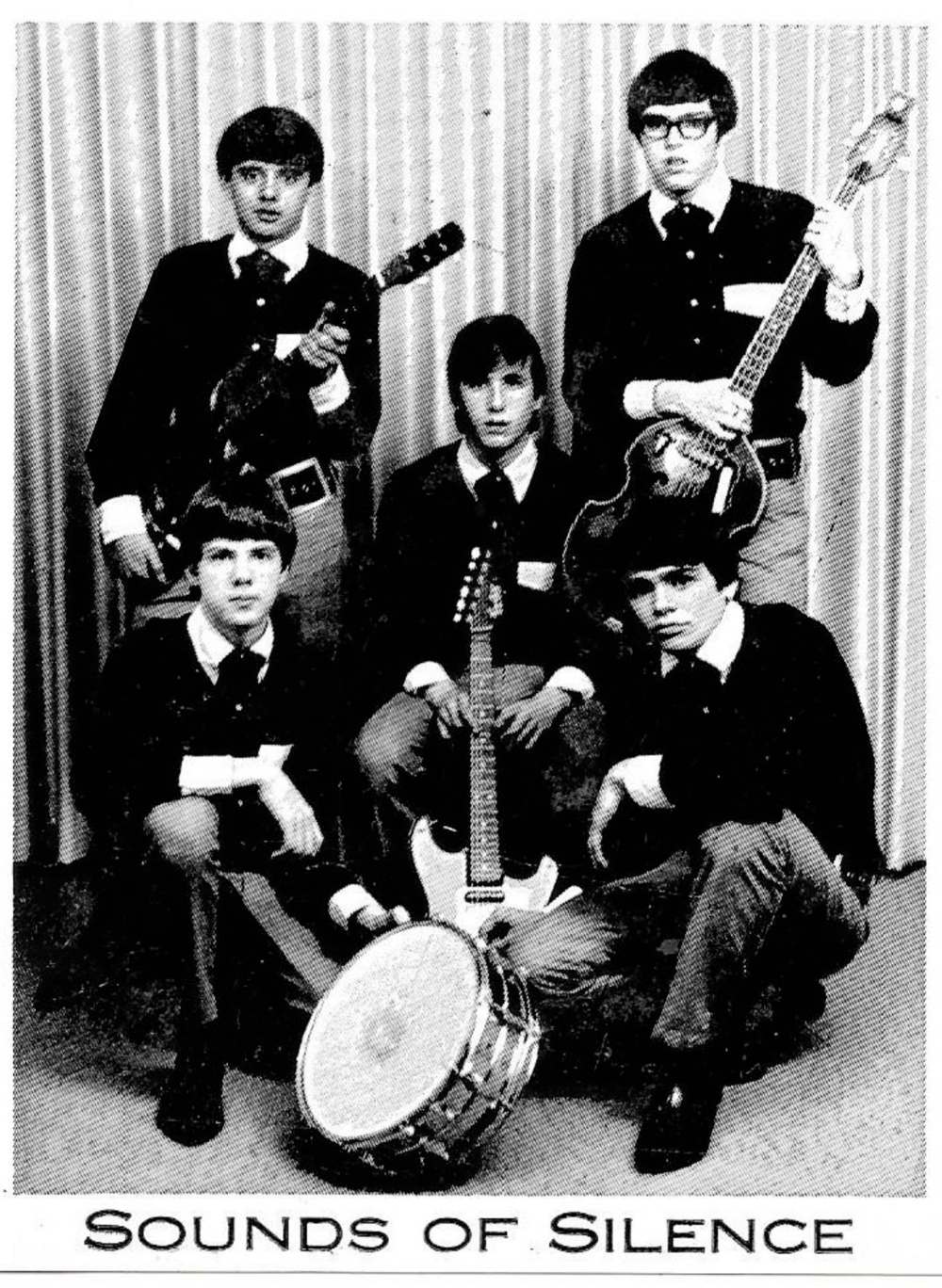
David was the second eldest in a family of five kids, spending the first years of his life crammed into a tiny three-bedroom house on Marjorie Street in St. James. His father was musician Jimmy King, a towering figure — literally and figuratively — in the Winnipeg music scene at the time. (His mother, Fay did not tower, but her support for her son was an unshakable structure nonetheless.)
His dad’s influence was felt. Being a musician had cool cachet, especially in the aftermath of the early-’60s British Invasion. By the time David was in high school, he joined a band, playing drums for a group called first Marjorie’s Children, then the paradoxically monikered Sounds of Silence.
The band thing didn’t really take, but he never entirely gave up playing the drums and the guitar, even as he embarked on a career in theatre.
His intentions became known in the mid-’60s, after the family had moved to a house on Winchester Street. An early exercise in street theatre involved staging a shooting in the front yard. The reviews were, in their way, positive: some of the neighbours had been convinced of the reality of the scene and the police were called. Explanations were made. Somehow, David’s starter’s pistol wasn’t even confiscated.
Meanwhile, his acting circle grew, first with Actors Showcase and eventually with the formidable troupe Confidential Exchange.
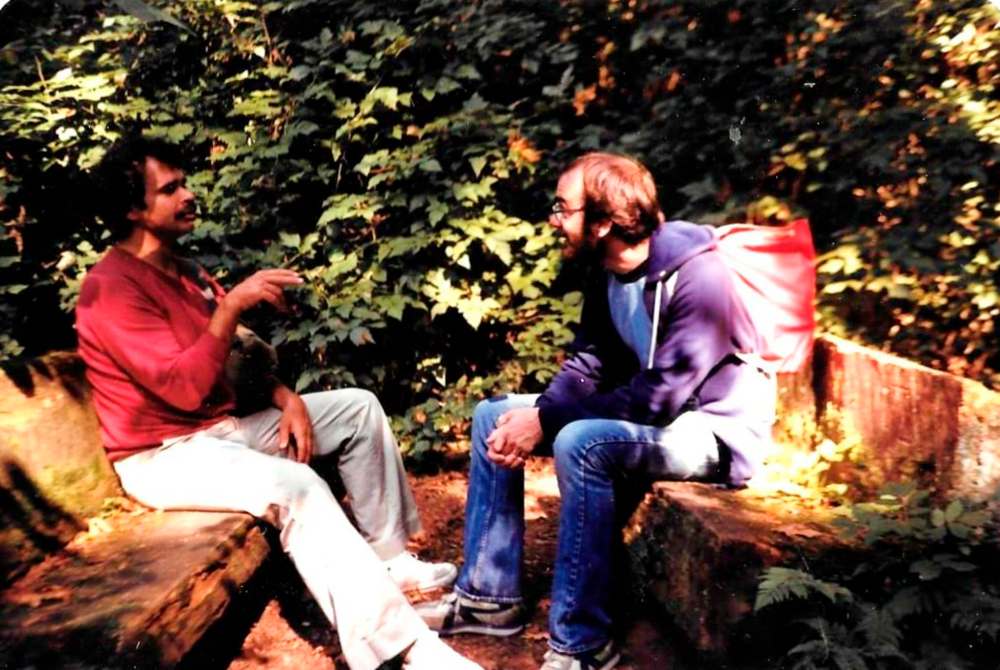
These were formative years. His passion for playwrighting would grow from comedy sketches. (“Clutch for the Pinnacle” was his parody of the high school quiz show Reach for the Top.)
The family moved one more time, to Assiniboine Crescent, where David got a room to himself overlooking Woodhaven Park, where he tapped out work on a typewriter and smoked too many Craven Menthols.
His approach to comedy encompassed an early coterie of friends, such as Wayne Nicklas, Harry Nelken, David Gillies and Jay Brazeau. It was a sign of David’s personal charm and loyalty that his friends all tended to be lifelong.
Soon, he was writing full-length plays, such as Visions of Lowest Fort Garry, and getting them performed on local stages. A screenplay for a 1976 short film titled For Gentlemen Only won David a Canadian Film Award. By the late ’70s, his talent for comedy saw him headline a made-in-Winnipeg comedy-variety TV show The Eddie De Vega Show, in which he starred as lounge-lizard host Eddie. (I still hear him sing this absurd, aggressively swinging opening number from one episode: “I just blew into town. Got my best dress on.”)
In 1979, David pulled up stakes from Winnipeg and moved to British Columbia, where he continued to act and write. He worked in a Vancouver-shot, nationally broadcast variety program titled What’s a Nice Show Like You Doing in a Place Like This? It was so named because it was shot in a Vancouver strip club, the Penthouse. (Side note: this show represented the first time I was paid for writing. Yes, I sold the jokes to my brother, so… nepotism. In my defence, they were solid jokes.)
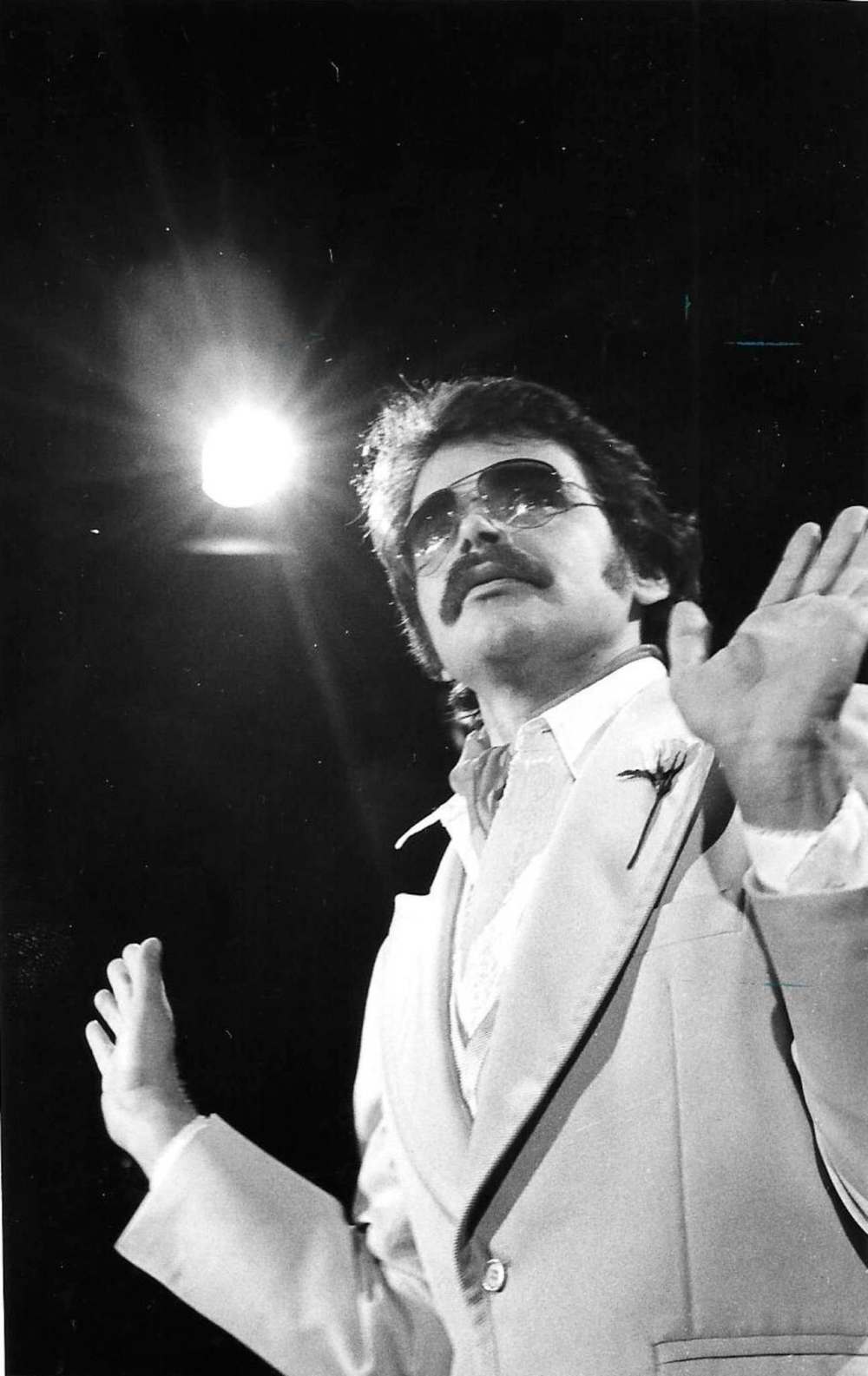
Since that year, his plays received more than 25 premiere productions on Canadian stages, including the Manitoba Theatre Centre, the Vancouver Playhouse, Vancouver’s Arts Club Theatre and the National Arts Centre. His plays Life Skills (which played at the MTC Warehouse in 1989, in which he performed opposite his friend and legendary actress Nicola Cavendish) and Garage Sale both won Jessie Richardson Theatre awards for best original play in 1984 and 1986, respectively.
In 1987, he met and married Nancy Hall, also a former Winnipegger, and they had two children, Jimmy and Hilary. David embraced the role of father, and he was good at it. (He emulated his own dad’s penchant for nicknaming his kids’ friends.) He split his time between writing and acting and raising the kids at home. He wrote a screenplay titled Harmony Cats for a film released in 1992, which scored him a nomination for another Canadian Screen Award. That same year, his play Contents Under Pressure debuted at the Winnipeg Fringe Festival, performed by his friends Wayne Nicklas and Harry Nelken, winning a Best of Fringe award.
By the time his kids were pursuing their own lives and careers, David “retired” to Gibsons on B.C.’s Sunshine Coast in 2007. But creative juices could not be turned off: once ensconced, he wrote 10 new plays, and recorded many songs in a catalogue of 50 original tunes. One song, my personal favourite, was Stevenson Field, about the time the Beatles touched down at the Winnipeg airport and spurred a rush of fans, mostly from St. James, rushing to get a glimpse of the Fab Four.
“Everyone has a story,” David sang, “through which all other stories flow.”
His last year coincided with COVID-19, but he was not alone when he died at his home in Grantham’s Landing, alongside his devoted companion Mary Burns. Jimmy and Hilary were there with him, along with his much-loved niece Rachael, our sister Gini and Gini’s husband John Penman — a quality entourage.
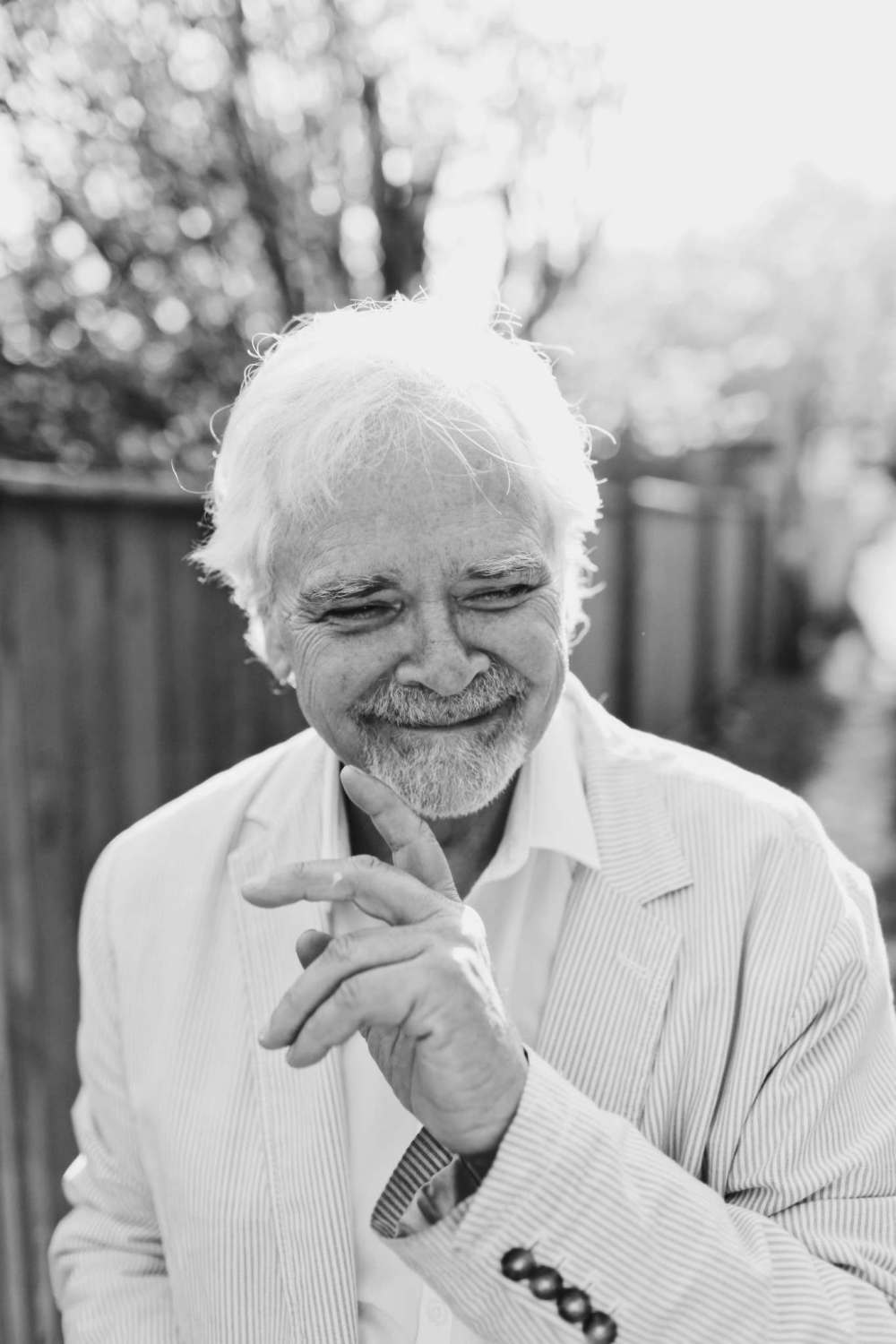
For his friends and the rest of his family, it hurt that we couldn’t be there. It is a consolation for those of us who knew and loved him, our stories are richer for having David’s story flow through ours.
Touchstone Theatre has announced a David King Prize to help mid-career playwrights in the creation of new work. If you’d like to commemorate David, donations to the prize can be made through the company’s website touchstonetheatre.com. Please specify “David King Prize” in the dedication.
randall.king@freepress.mb.ca
Twitter: @FreepKing
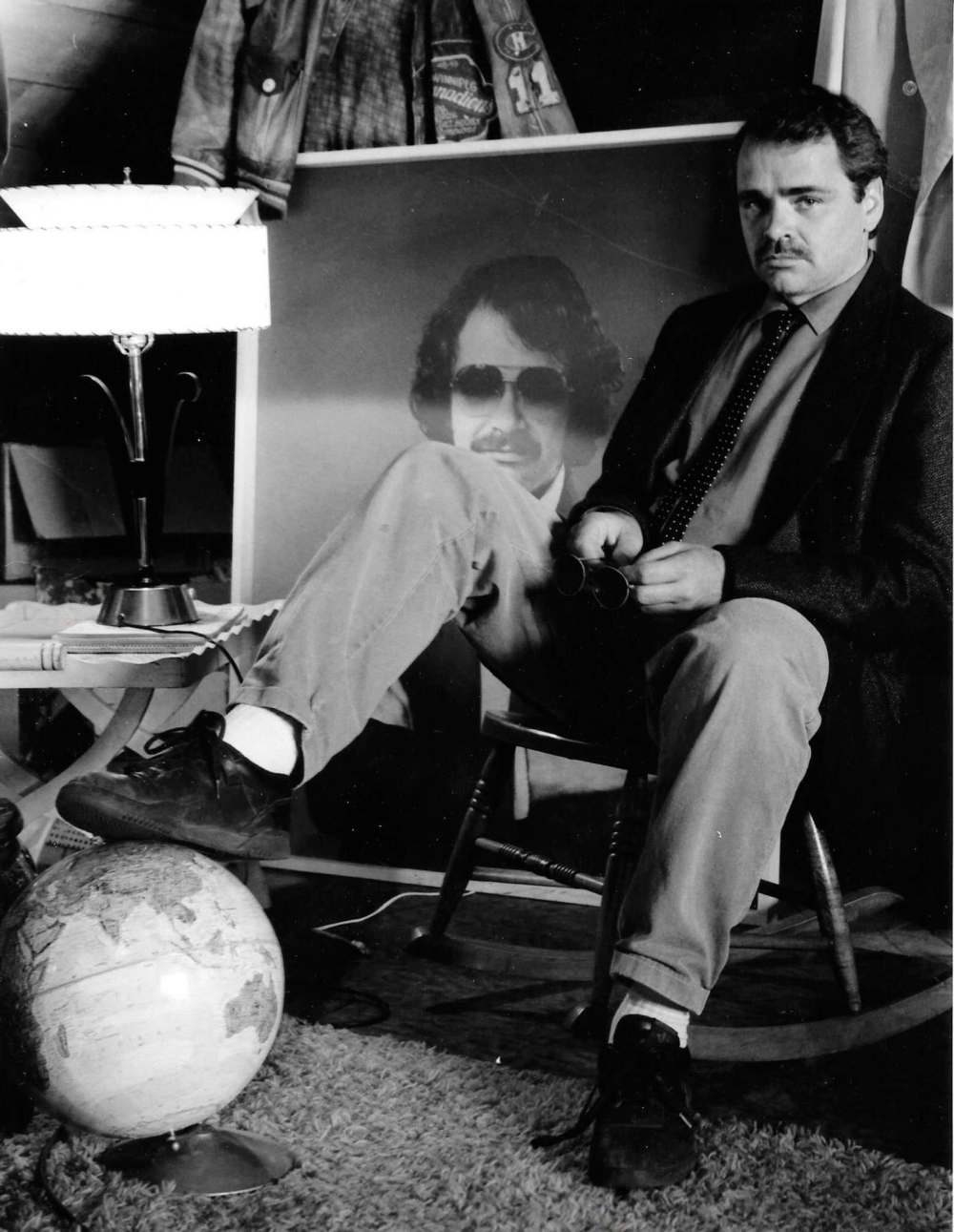

In a way, Randall King was born into the entertainment beat.
Our newsroom depends on a growing audience of readers to power our journalism. If you are not a paid reader, please consider becoming a subscriber.
Our newsroom depends on its audience of readers to power our journalism. Thank you for your support.

